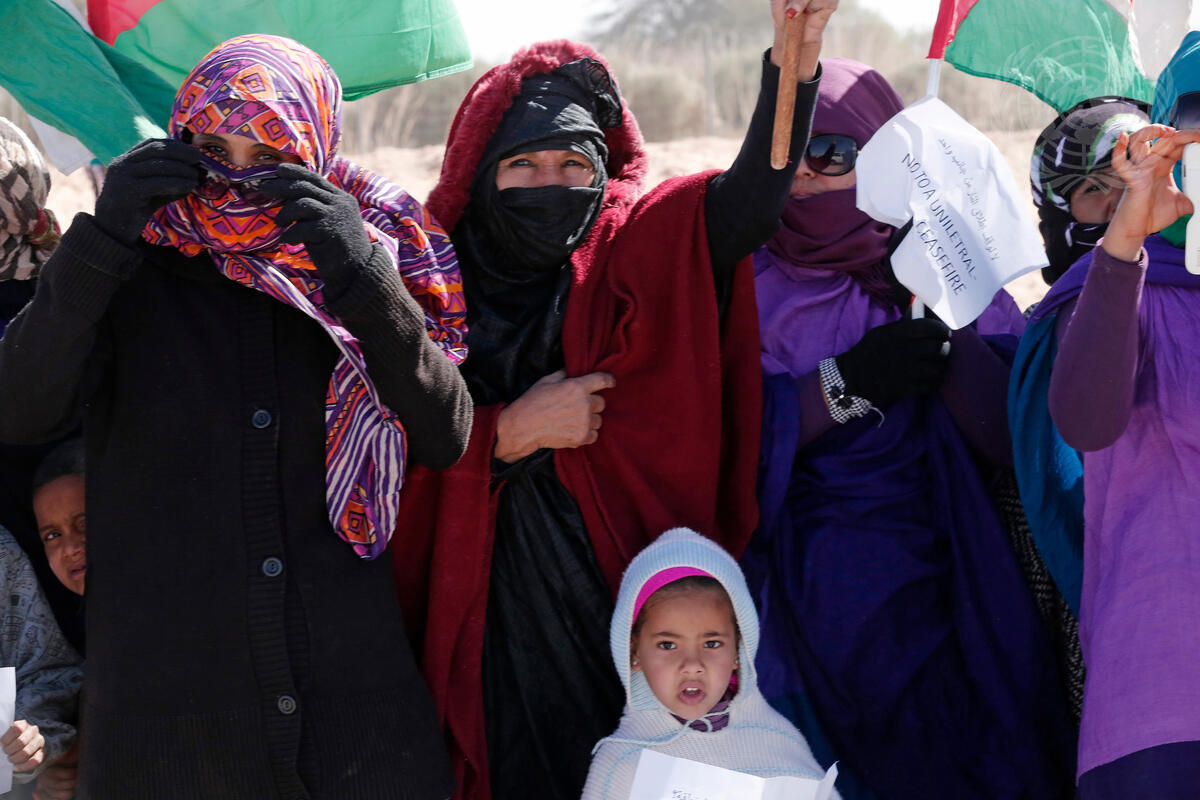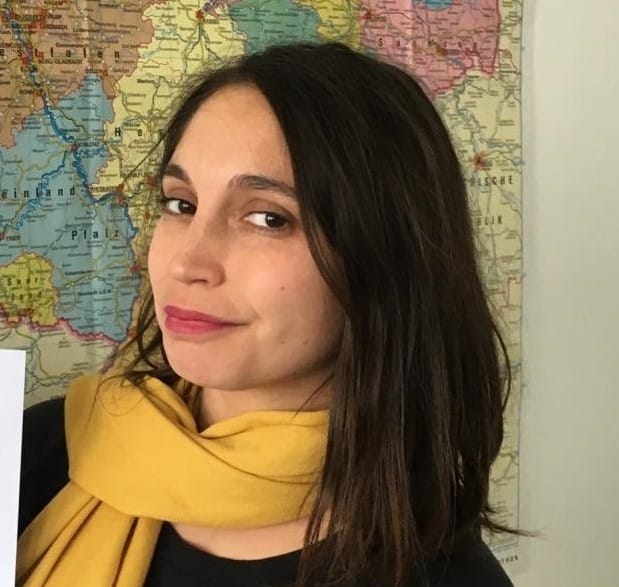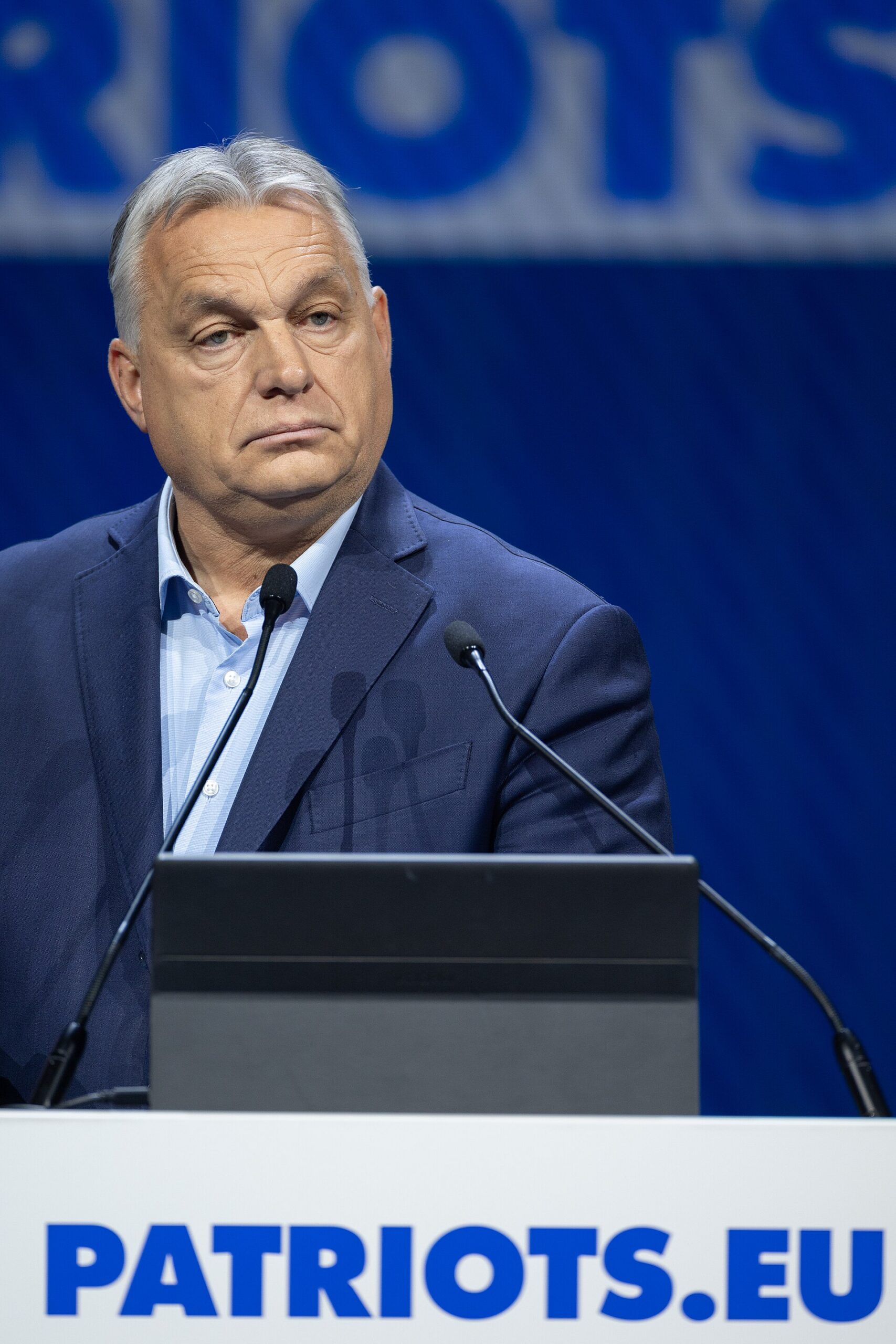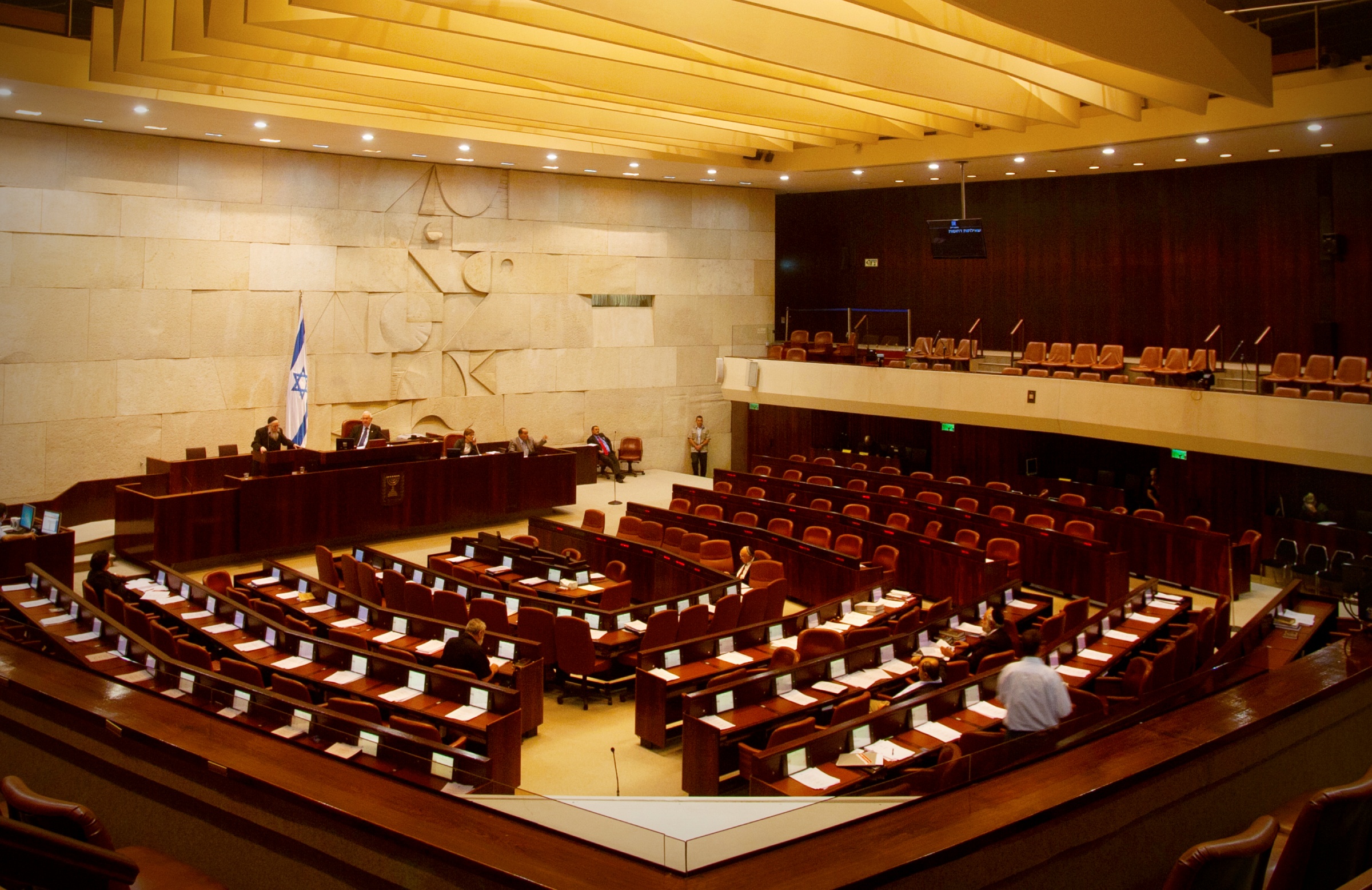In July of this year, Christopher Nolan filmed part of his new blockbuster, The Odyssey, in Dakhla, a city in the occupied territory of Western Sahara. This situation sparked outrage and has generated a wide international debate – thanks to pressure from the Sahrawi people, human rights organizations, and prominent public figures, which brought the case to the attention of major media outlets.
We spoke with María Carrión, director of FiSahara, the film festival held in the Sahrawi refugee camps in Algeria, home to the majority of the Sahrawi people in exile. María and her team have become key voices in denouncing Nolan and the film industry, initially demanding the suspension of filming in occupied territory and now calling on them to break their silence and respond to the international criticism they have received.
etos.media: Could you share your position on the fact that some parts of Nolan’s film were shot in the occupied Western Sahara? Could you comment on the implications this has for the people living there and how it relates to the State of Morocco?
María Carrión: Western Sahara is not a Hollywood film set: It is a territory illegally occupied by Morocco since 1975, described by Reporters Without Borders as “a desert for journalism” because Moroccans do not allow international press or human rights organizations and observers to enter. Some scenes of The Odyssey were filmed in Dakhla, a militarized city, without the consent of the Sahrawi people, the rightful owners of the sand dune where Christopher Nolan filmed. While Nolan and his team received red-carpet treatment in Dakhla from Morocco, Sahrawi filmmakers and journalists living under occupation cannot make films about the repression they face, as they would risk imprisonment.
Human rights defenders, journalists, and Sahrawi activists who advocate for freedom and self-determination are systematically subjected to arbitrary arrest, torture, extreme surveillance, restrictions on freedom of expression and movement, and many other human rights violations, as documented in numerous UN and international reports.
Morocco’s aim is precisely to normalize the occupation by attracting film productions, tourism, foreign investment, and events to the occupied Western Sahara. During the filming in Dakhla, Morocco’s Minister of Culture, Mehdi Bensaid, stated in an interview with the Moroccan outlet Medias 24 that Nolan’s presence would help attract other international productions and advance their goal of turning Dakhla into a hub for film productions.
Nolan’s presence contributed to normalizing the occupation and the brutal repression of the Sahrawi people, and his silence—which continues to this day—perpetuates that legitimization.
etos.media: What has been the reaction of the Sahrawi population to this situation?
María Carrión: For Sahrawis living under occupation, who face enormous risks every day to expose the brutality they endure, and for those in refugee camps who have been in exile for 50 years without being able to set foot in their homeland—or who have never known it—seeing images of Nolan in Dakhla, oblivious to their suffering, has caused immense outrage. It has led them to launch a selfie campaign with messages directed at him. The Sahrawi people are simply asking for international law to be respected, nothing more, nothing less.
etos.media: Could you also comment on the international reactions that have been recorded in recent weeks?
María Carrión: The Odyssey is one of the highest-profile film productions of 2025, and Nolan is an enormously respected director. When we learned about the filming in occupied Western Sahara, we issued two statements from the festival: urging Nolan to stop filming, asking him not to use those images in the film’s final cut and to break his silence about shooting in Dakhla. The Sahrawi people deserve an explanation. Did he know he was in an occupied territory, or did he only learn once we publicly denounced it?
The second statement was signed by hundreds of people from the film and activism worlds, including Javier Bardem, Pedro Almodóvar, and Paul Laverty. We did not anticipate what happened next: the news went global and was covered even by major Hollywood media outlets. We know that Nolan and Universal Pictures followed the coverage with concern, and we had hoped they would respond—but so far, they have remained silent.
etos.media: From your perspective as director of FiSahara, how do you think such delicate geopolitical cases should be handled within the film industry?
María Carrión: The ethical aspect is very clear: productions must operate under the principle of “do no harm.” The film industry has an obligation to move beyond the extractive, colonialist, and racist model. Teams need to carefully research which territories and communities they are going to, what stories they are telling, and who those stories belong to, because all too often the ones whose cultural assets, narratives, and landscapes are taken are indigenous communities, poor populations, subjected to colonial violence and cultural appropriation.
Then there is also the legal aspect, which is equally clear in the case of Western Sahara: according to the UN, it is a non-self-governing territory pending decolonization. It does not belong to Morocco but to the Sahrawi people, who have the right to decide their own future and manage their resources.
I like to think that Nolan got involved in this situation because he and his team did not properly inform themselves, did not carry out what in English is called “due diligence,” and not because they consciously chose to contribute to the suffering of the Sahrawi people. But only Nolan can—and should—clarify that.
Juliana Rives conducted the Interview with María Carrión. The Interview will also be published in German on Thursday






